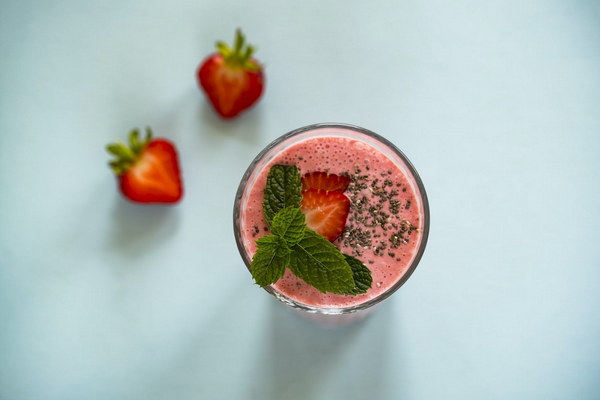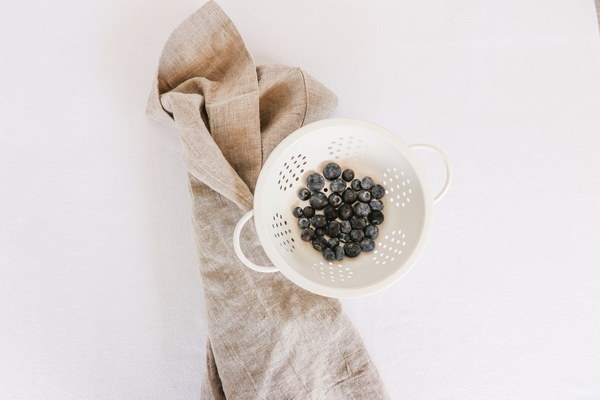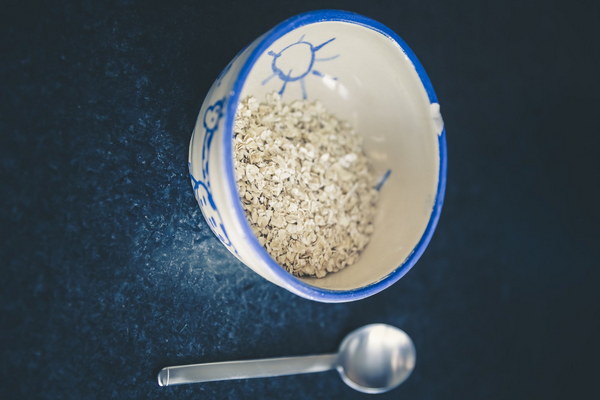Revitalizing Your Skin Prioritize Lung Health First
In the quest for radiant, healthy skin, many of us turn to skincare products, treatments, and diets. However, what if the secret to flawless complexion lies not just in your skincare routine but also in the health of your lungs? The adage You are what you eat takes on a new meaning when we consider that the health of your skin is intricately connected to the health of your lungs. Here's why prioritizing lung health can be the key to achieving that glowing skin you desire.
The Respiratory Connection
Our lungs are responsible for taking in oxygen and expelling carbon dioxide, a process that is essential for every cell in our body, including those in our skin. When your lungs are healthy, they efficiently deliver oxygen to the bloodstream, which in turn supports the health and vitality of your skin cells. On the other hand, compromised lung function can lead to a lack of oxygen, which can cause skin issues such as dullness, dryness, and even premature aging.
Oxygen and Collagen Production
One of the most critical functions of oxygen is its role in collagen production. Collagen is the protein that provides structure to our skin, keeping it firm and youthful. When oxygen-rich blood reaches the dermis, it stimulates the production of collagen and elastin, the fibers that keep our skin supple and resilient. Inadequate oxygen supply can slow down collagen production, leading to sagging, wrinkles, and a loss of elasticity.
Toxins and Skin Health
The lungs are also responsible for filtering out harmful toxins from the air we breathe. When the lungs are not functioning optimally, these toxins can accumulate in the body, including the skin. Over time, this buildup can lead to a range of skin problems, from acne to eczema. By maintaining healthy lungs, you effectively reduce the number of toxins that can affect your skin's health.
Healthy Lungs, Healthy Skin: Practical Steps
So, how can you ensure that your lungs are in tip-top shape to support your skin's health? Here are some practical steps:
1. Breathing Exercises: Practice deep breathing exercises to improve lung capacity and efficiency. Techniques such as pranayama, the ancient art of breathing, can be particularly beneficial.
2. Avoid Smoking and Secondhand Smoke: Smoking is a leading cause of lung disease and can significantly damage the skin. If you smoke, quitting is one of the best things you can do for your lungs and skin. Avoid secondhand smoke as well.
3. Air Quality: Be mindful of the air you breathe. If you live or work in an area with poor air quality, consider using air purifiers and limiting time outdoors when pollution levels are high.
4. Regular Exercise: Physical activity increases lung capacity and improves overall cardiovascular health, which supports skin health.
5. Stay Hydrated: Drinking plenty of water helps to keep your lungs moist, which aids in the removal of mucus and toxins.

6. Eat a Healthy Diet: A diet rich in fruits, vegetables, and whole grains provides the necessary nutrients for lung health and helps to flush out toxins.
7. Manage Stress: Chronic stress can affect lung function and skin health. Find ways to manage stress through relaxation techniques, meditation, or other stress-reducing activities.
Conclusion
The adage Beauty starts from within is more than just a catchy phrase—it's a truth that applies to the relationship between lung health and skin beauty. By prioritizing your lung health, you're not only supporting your overall well-being but also setting the stage for healthy, radiant skin. So, the next time you're focused on your skincare routine, take a moment to think about the health of your lungs—and remember, the best skincare starts from the inside out.









